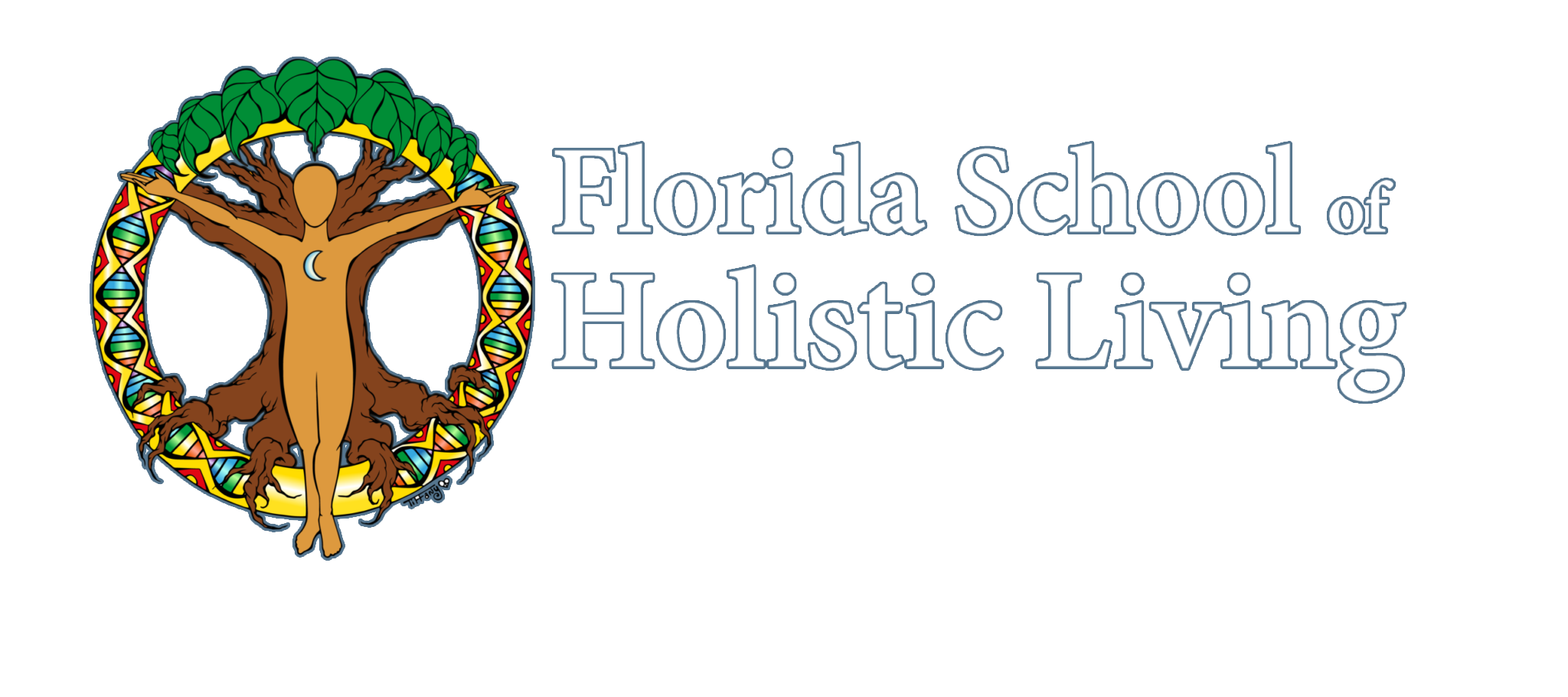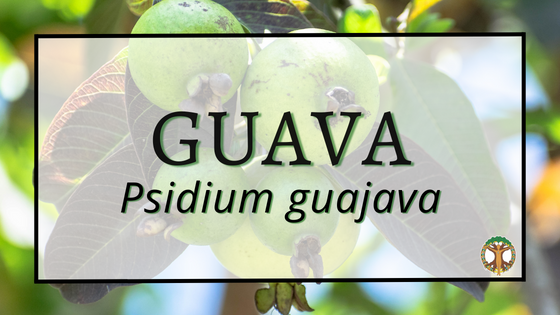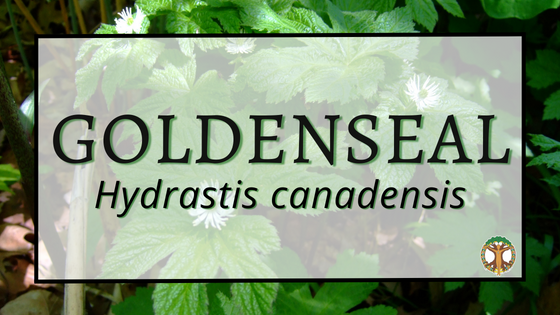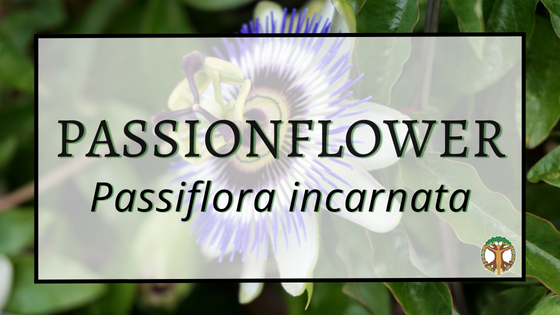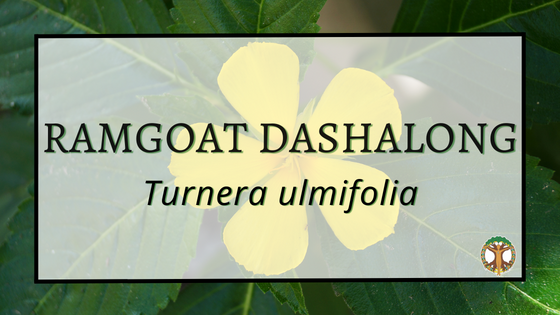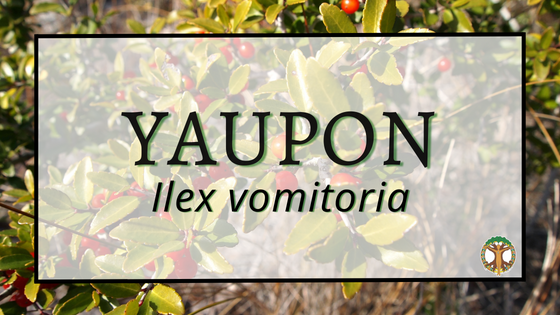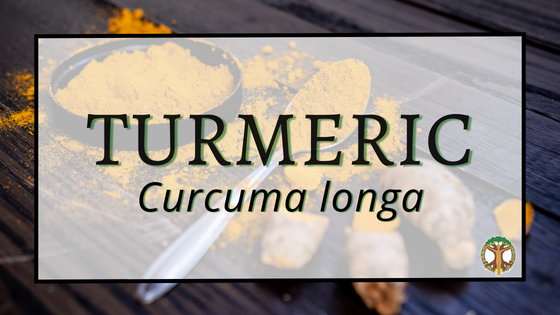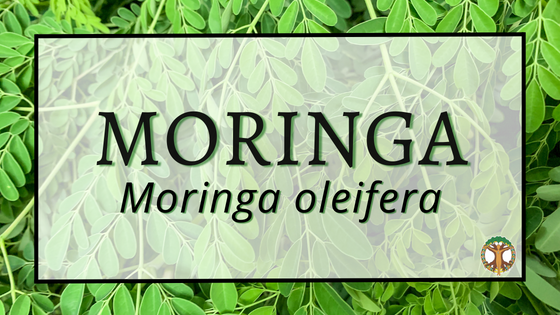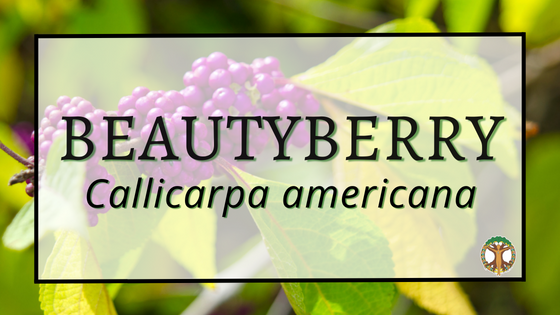-
Guava
The guava fruit has a rich history with the indigenous people of the South American rainforest and may have been domesticated in Peru several thousand years ago.
-
Spilanthes
When you bite into the bud of a "buzz button," there is often a strong tingling sensation—similar to how it feels to eat Pop Rocks, but more targeted to the area of the mouth where the bite was taken—followed by a numbness lasting for a good while after eaten.
-
Goldenseal
Hydrastis candensis of the Ranunclulaceae family. Otherwise known as goldenseal, eyebalm, eyeroot, and yellow puccoon is happiest in rich, open, and hilly woods. It is native to southeastern Canada and the eastern United States.
-
Dandelion
Dandelions are, perhaps, most recognized by their seed heads. Those beautiful puffs that children (and many many adults) can't resist pulling from the ground to blow into the wind.
-
Passionflower
This perennial herbaceous climbing vine is native to Central Florida and the southeast United States—found growing mostly from Texas to Florida. It grows easily by cutting and is happy in sandy Florida soil, sunshine, and rain.
-
Ramgoat Dashalong
The leaves make teas to help ease the symptoms of constipation and diarrhea, colds, flu, menstrual cramping, heart palpitations, hair loss, thrush, and other conditions.
-
Yaupon
The indigenous Timucua people of Florida called Yaupon Cassina, and believed that it purified the mind and body of those who drank it. The leaf's natural caffeine and powerful antioxidants led it to be consumed beginning more than 8000 years ago.
-
Turmeric
Indigenous to India, turmeric is now cultivated in tropical regions throughout the world. Turmeric is an important herb in Ayurveda and Traditional Chinese Medicine.
-
Moringa
For thousands of years, moringa leaf has been a source of nutrition. It has been known as the most useful and nutrient-rich plant yet discovered.
-
Beautyberry
American Beautyberry is a native deciduous shrub of the Southern United States which is often grown as an ornamental.

